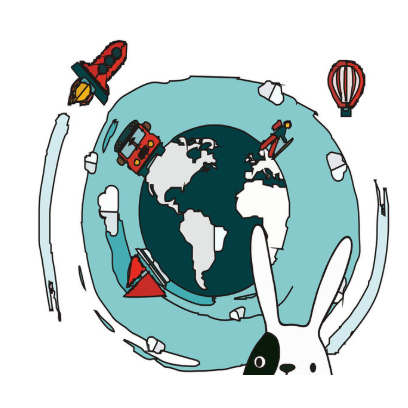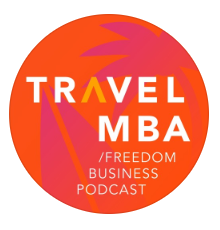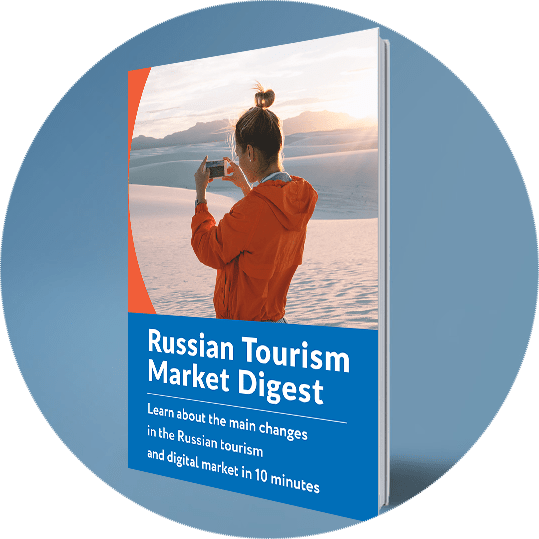Blog about successful marketing strategies in russia
Podcasts for Travellers—Follow the Trends!


DIGITAL MARKETING
Share this Post
Many experts note that podcasts in Russia have gained a second wind this year. So, according to Yandex.Wordstat statistics, Russians’ interest to podcasts has grown twice within the last year, while the dynamics of podcast discussions in social media has increased 4 times, from 31 thousand messages in August 2018 to 124 thousand in August 2019.

Source: Yandex.Wordstat, October 2018—October 2019, number of mentions, Russian-speaking users
In September, Brand Analytics conducted a study ‘Podcasts in Russia 2019’, which aim was to compile a profile of a Russian-speaking listener of podcasts and learn his or her preferences. Today in our blog, we share the data of this study with you, and we will also tell you how to do podcasts and where to look for inspiration.
Where
In spite of the diversity of special platforms and applications, Russian-speaking users mention YouTube most often as a source of podcasts. This platform is met in 26% (9.2 thousand) on-topic messages.
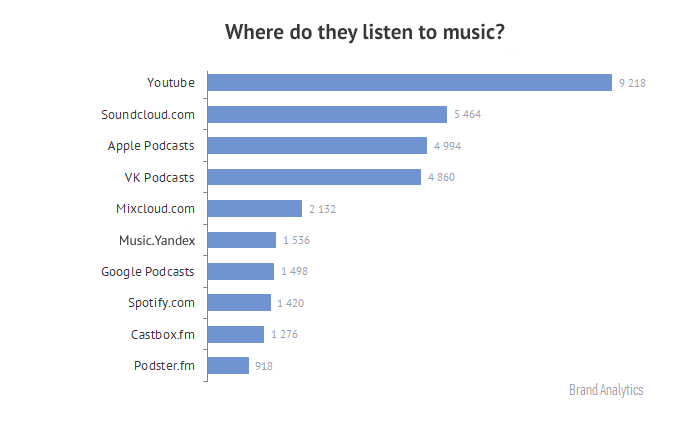
Source: Brand Analytics, August 15—September 15, 2019, number of messages, Russian-speaking users
As experts from Brand Analytics note, this is a global trend. For instance, in Canada where podcasts are very popular, 43% audience listen them just on YouTube. In this country, according to The Verge, the video hosting outperformed the most popular specialized platforms in the world: Apple Podcasts (34%) and Spotify (23%).
The second place in mentions by Russian-speaking social media users was taken by Soundcloud with 15% (5.5 thousand) mentions. The third one was taken by Apple Podcasts (5 thousand, 14%). Almost the same number of mentions (4.9 thousand, 14%) was won by a podcast platform by VKontakte, the largest Russian social media network, or VK Podcasts.
Interestingly, the second most popular podcast platform in the world—Spotify—is mentioned by Russian-speaking social media users in 4% posts only (1.4 thousand times).
Whom
The first place in the number of mentions in Russian-language social media is taken by Joe Rogan, one of the most famous and popular podcasters in the world. An American comedian, television host, color commentator, and martial artist, he has been hosting The Joe Rogan Experience podcast since 2009. The second place is taken by podcasts of Meduza, an online media outlet, to the launch of which many experts relate the revival of the genre in Russia. The third place is taken by podcasts of Arzamas, an education project.
Interestingly, the English-language project TED hit Top 10 of podcasts, given that there is a famous translated project—TED in Russian.
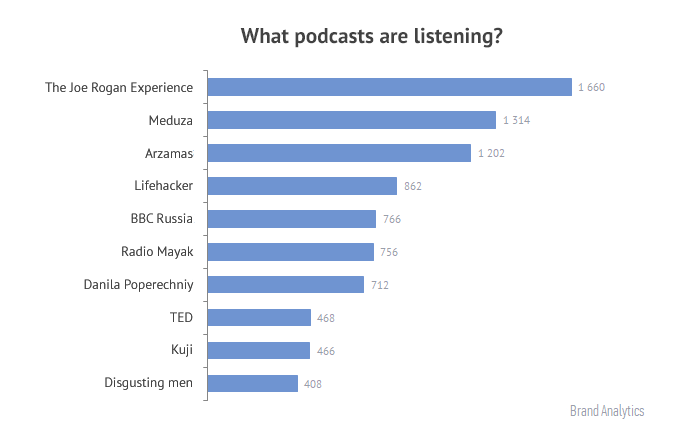
Source: Brand Analytics, August 15—September 15, 2019, number of messages, Russian-speaking users
What
Podcasts about sports are most discussed in social media. Audio blogs about literature run a close second to them. No wonder that many experts believe that the audience of audiobooks is migrating into podcasts. The third place in the number of mentions in social media is taken by podcasts about music. Audio blogs about games get only the fourth place, in spite of the high popularity of the theme in social media. Perhaps, gamers prefer formats with visual imagery such as let’s play, streams etc.
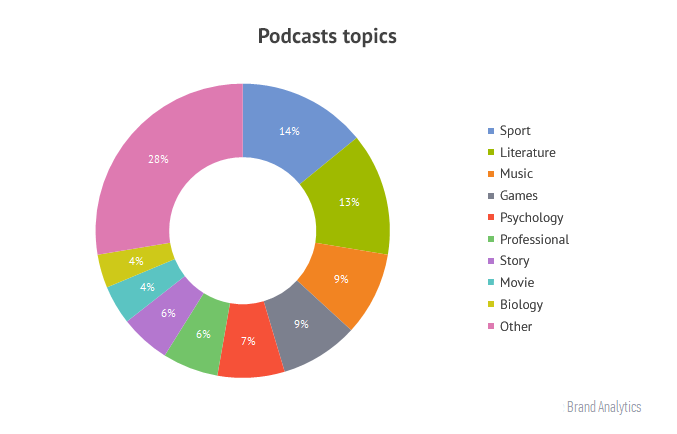
Source: Brand Analytics, August 15—September 15, 2019, number of messages, Russian-speaking users
Lately, not only individual authors but also producers of various long tail content—finance, learning, history, foreign languages etc.—have got interested in podcasts.
When
The convenience of audio content consumption, an opportunity to combine it with everyday affairs is one of the key factors of podcasts’ success. They are most often listened to on the road (both in the driver’s seat and while taking public transport. The second most mentioned consumption scenario is listening for learning English (mind Joe Rogan and TED in the authors’ rating). Many people listen to podcasts when doing sports and walking, having a rest or doing household duties such as cleaning. Some social media users let slip the fact that they get distracted by podcasts during working hours. Not the most exotic scenario is listening to a podcast while painting, while the most exotic one is doing that while being ill.
Who
Among podcast listeners, the largest share consists of representatives of an age group that is common to be named by marketers as ‘young active audience’. These are people aged 25-34, and there are 37% of them. Besides, audio blogs are popular among youth under 24 (27%) and more mature people aged 35-44 (18%). There are more men among podcast listeners (55%).
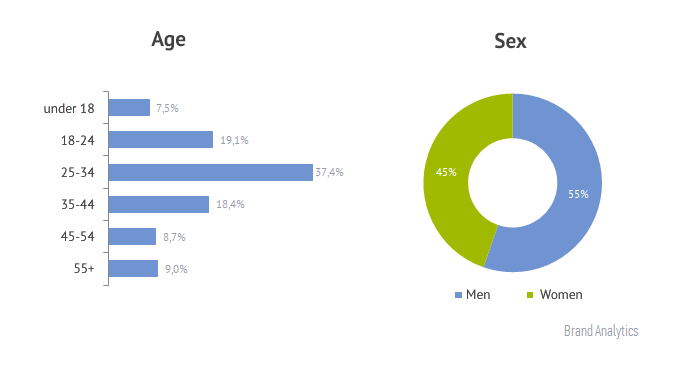
Source: Brand Analytics, August 15—September 15, 2019, number of messages, Russian-speaking users
Where it is discussed
Most often, podcasts are discussed in VKontakte, the largest Russian-language social media network—61% of all on-topic posts are concentrated there. But it is not just the website’s mass nature—in September 2018, VKontakte opened its own free platform for podcast publication and listening. Later on, this year in July, it announced a launch of a hosting for audio bloggers.
The second place in the number of posts about podcasts is taken by not the most massive, but the most ‘cutting-edge’ social networking service—Facebook—with 13.6%. The third one is taken by Twitter with 10.2%.
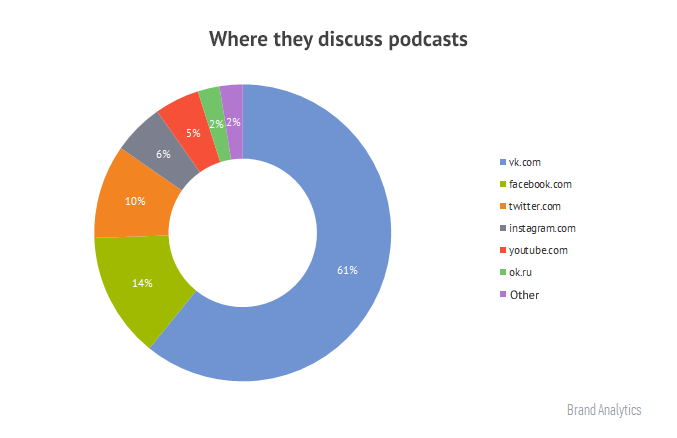
Source: Brand Analytics, August 15—September 15, 2019, number of messages, Russian-speaking users
How to Do a Podcast
Decide on the topic
Learn what needs in terms of your region are most popular among users: this can be local cuisine, landmarks, or even a visa getting process—you can reveal absolutely any issue in your podcast. By the way, even a record of nature sounds, din of a city or a trip can become spice of your podcast channel.
Think over a publication plan
Decide on the frequency for your podcasts to be up. Along with that, try to record materials at least for one next month. By the way, if you are going to upload one podcast a week, try doing it on the same day of the week and at the same time so that it could be more convenient for listeners to follow updates on your channel.
Write a text
The average length of a podcast is from 5 to 20 minutes (however, if the topic is hot and you have enough material to discover it, feel free to record half-hourly and even hourly podcasts). In terms of the text length, 1 minute is 1 A4 page, size 14. If you are going to give a podcast to an agency for recording, you also need to note down emphases in your text.
Think over design
When launching a podcast, it is important to work out its cover because this is what will become a decisive factor for many listeners before listening. The cover must reflect the country’s brand and clearly show what the podcast is about.
Podcast publication
Before the publication, let us define two more important issues: title and description. Every episode must have a unique name and a brief description optimized for user requests.
There are many websites to publish podcasts now, but in the very beginning, we recommend uploading them on major resources:
- Youtube
- iTunes
- SoundCloud
- Yandex.Music
- Google Play Podcast
- VK Podcasts
- Your blog or website
Podcasts for Inspiration
We chose several Russian-language podcasts for travellers, listening to which you will probably manage to define a host of issues and a style to host podcasts about your region. Keep in mind that even podcasts were not updated for a long time, you can still find them in search and listen to examples of what and how can be told to Russian tourists, meaning that podcasts are an opportunity to publish information about you online, which will work and attract tourists in the long run.
Travel Time
This is a podcast interview for wide audience who wants and loves to travel. People who are in love with travelling share their experience and life hacks with listeners telling how ‘even a simple chap from a factory can travel a lot’.
Travel MBA - Freedom Business Podcast
This is a podcast for those who prefer combining work and leisure, telling how to work without quitting travelling and how to start an online business to live without being bound to any particular place. Cryptocurrencies, blogging, launch of media, startups, and services, remote project management—and all this is in travel context.
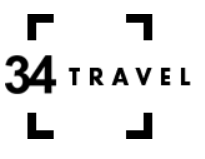
34travel.me
These are audio guides about Belarus and Minsk that, by the way, must be kept in mind as an example of content for your own podcasts.
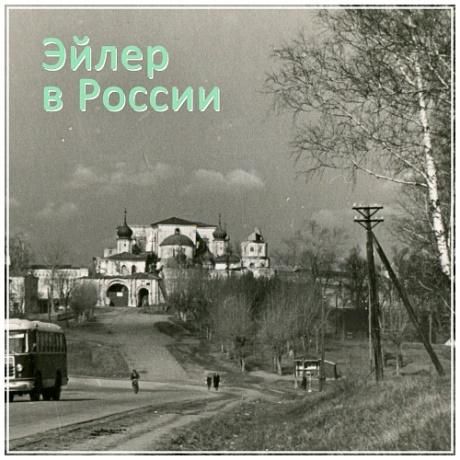
Euler in Russia
This is a podcast of a local lore expert Pavel Euler about his trips across Russia. He gives useful advice, tells about secret paths, and opens doors to the places where useful travellers drop in seldom. New podcasts are every Friday.
Recommendations
A BBC study showed that users who ignore TV ads show 22% higher activity and engagement when listening to a podcast. So even if you are not going to do podcasts on your own, we recommend considering this tool as an advertising promotion channel.
Travel Research
The Russian Tourism Market Report: Trends, Analysis & Statistics | 2019. How to impress Russian tourists and attract them to your country
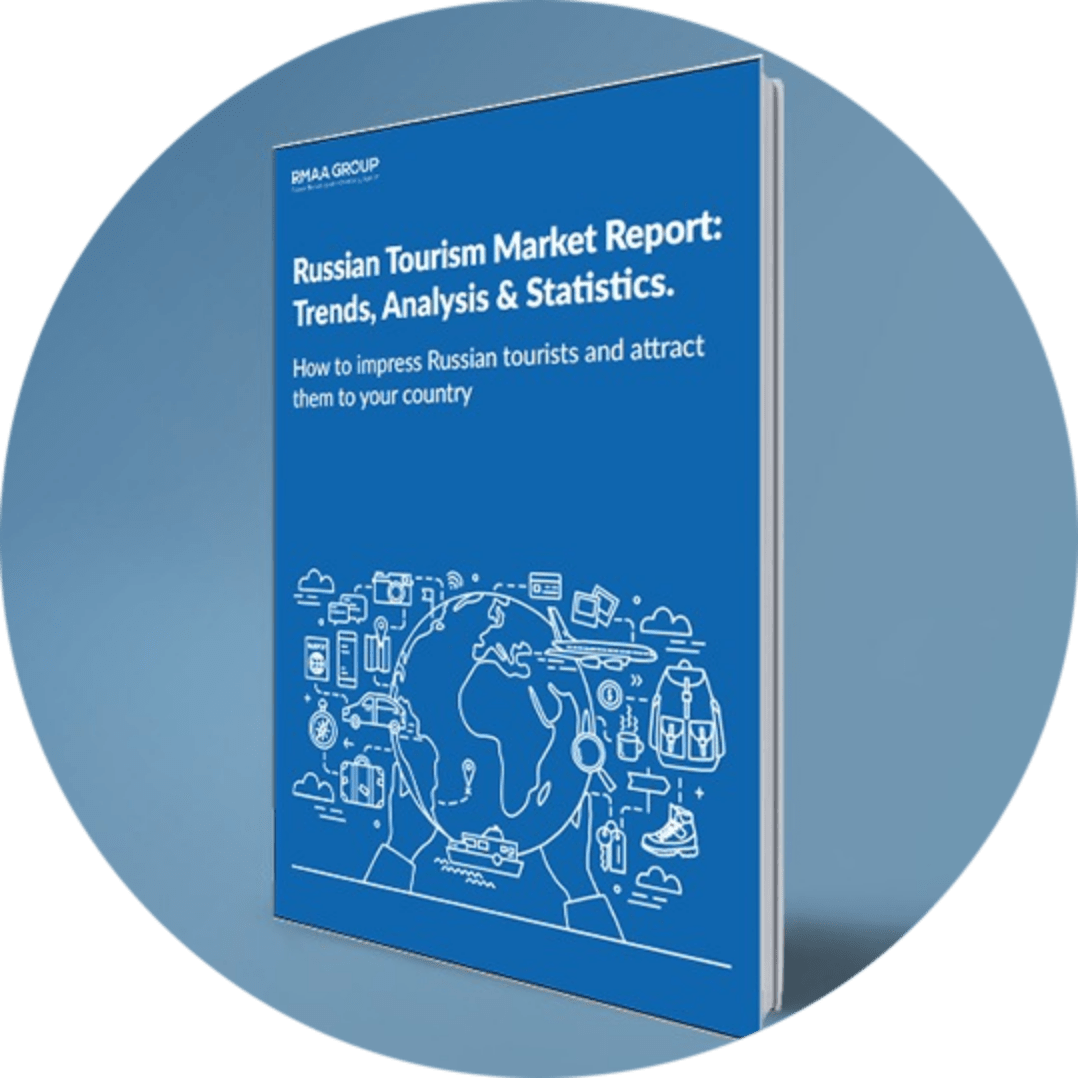
Ready to partner with the specialists in Russian travel marketing and advertising?
About the Author
Head of Digital, editor-in-chief of the RMAA Agency Blog
Join 2,000+ of your Peers!
Get our latest articles delivered to your email inbox and get our exclusive White Paper "Digital Marketing in Russia. Finding your customers on the internet" for FREE!
You will be the first to know about Russian marketing insights,
news and updates from our agency.
Stay tuned!
We're updating our website's design step by step, so some pages may look different. Thank you for your understanding.
Got it









